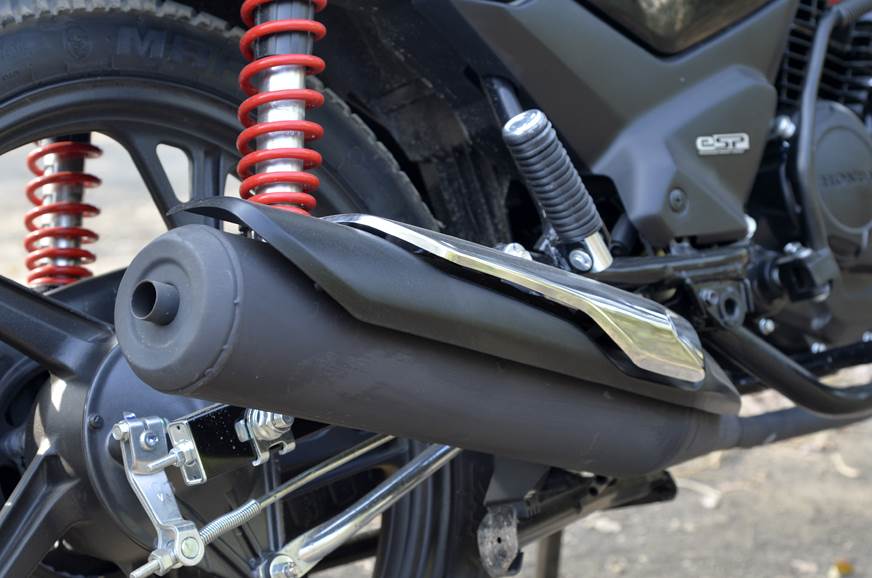Over the course of special series on BS6 we have we covered the evolution of the emission norms, delved into the technical aspect of upgrading engines to meet Bharat Stage 6 regulations and looked at engines that will be discontinued with the arrival of the new emission norms. Now, in this last and final part, we shift our focus to two-wheelers.
The transition to BS6 for two-wheelers has been particularly daunting, due to the challenges of working with small engines that have been built to be as frugal as possible, both in terms of cost and efficiency. While the switch from BS3 to BS4 was managed with relatively far fewer mechanical changes, the BS6 emission standards are so stringent that the changes have been far more extensive, and hence, expensive.
Why are BS6 two-wheelers getting so expensive?
BS6 emission norms are so tight that extremely precise fuelling is vital. This is why you see most mainstream manufacturers ditching the affordable and simple carburettors in their products, for more accurate, but expensive fuel-injection systems.
Considering the entire costs of the injectors, fuel pump, ECU, etc, we’re looking at a 10 percent hike in price for affordable machines, if not more. There’s also the fact that BS6 compliance demands considerably more catalyst material, which is another significant contributor to the cost. In fact, this is one of the big reasons why you’ll see a fairly significant price hike in two-wheelers that already have FI systems.

Why no carburettors?
There are still a couple of manufacturers who have not yet fully committed to FI, but most of the big players, including Hero and the big Japanese manufacturers, have switched their entire line-ups to FI systems. The alternative to fuel injection is the electronically controlled carburettor, or the e-carb, which is something TVS and Bajaj are working on for their low cost, 125cc-and-below products. E-carbs are not as consistent or precise as fuel-injection systems, but they do come at a lower price, and it will be interesting to see the effects of their application.
Why are power figures dropping?
With the transition to BS6, power and torque figures seem to dropping slightly, across the board. This is because manufacturers now essentially face a choice between cost and performance. To put it in very basic terms, more performance will end up demanding more expensive precious metal for the catalyst. In the extremely cost-effective commuter segment, performance takes a back seat to price. This is why manufacturers seem to be taking the route of bringing the power/torque curves further down in the rev range, which should improve rideability, and also emissions. So, while the specifications may be a bit lower on paper, the riding experience for the target customer should remain largely the same, or even better in some cases. The giveaway can be found in the spec sheet, where the torque and/or power figures are now being produced at lower rpms.Click here to read more about why the small BS6 motorcycles engines are losing power.
Also see:
BS6 norms special: part 1 – the background story
BS6 norms special: part 2 – how BS6 engines work
BS6 norms special: part 3 – the engines BS6 killed


